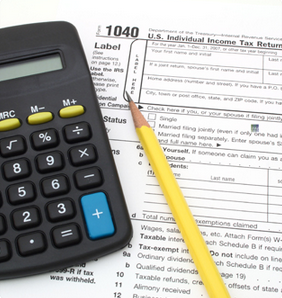This post summarizes the pros and cons of a one person private pension plan (sometimes called a “Solo Defined Benefit Plan”) for a successful small business owner as opposed to other self-employed retirement savings options.
Pros
- Potentially larger immediate tax deduction; perhaps in the range of 3 times to 5 times larger than a 401(k) and Profit Sharing Plan for an older business owner approaching retirement age
- Can be set up near year end to include earnings retroactive to the beginning of the year.
- The planned benefits for the owner and spouse can be insured so that the pension plan is self-completing even if the owner becomes disabled and is unable to to work to normal retirement age.
Cons
- If you have other employees, they usually must be covered. This adds to the cost and complexity.
- Significantly higher fees. Estimate roughly $5,000 per year for all costs considered.
- The tax is only deferred, not avoided. Eventually the contribution will be taxed as ordinary income and the tax rate could be higher.
- If the plan turns out to not be ‘permanent’ in the eyes of the IRS (perhaps because the business hit a rough spot and could not continue funding the pension plan) then the entire deductions could be retroactively disallowed.
[contact-form-7 id=”4556″ title=”Boilerplate Contact”]


Leave a Reply